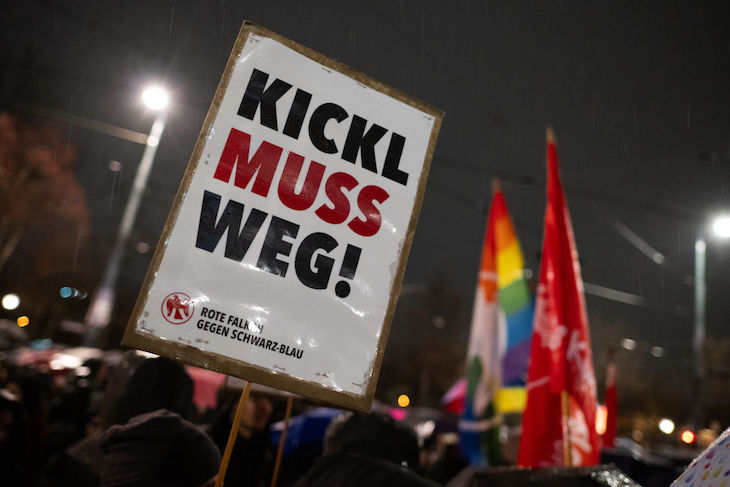We don’t hear much about Austrian politics in Britain, which is not perhaps surprising since the landlocked Central European republic of some nine million souls, is scarcely a major player on Europe’s chessboard. Nonetheless Austria, like Britain, will hold elections this year, and a populist party with Nazi roots looks certain to emerge with the most votes.
Already a subscriber? Log in
Subscribe for just $2 a week
Try a month of The Spectator Australia absolutely free and without commitment. Not only that but – if you choose to continue – you’ll pay just $2 a week for your first year.
- Unlimited access to spectator.com.au and app
- The weekly edition on the Spectator Australia app
- Spectator podcasts and newsletters
- Full access to spectator.co.uk
Or




















Comments
Don't miss out
Join the conversation with other Spectator Australia readers. Subscribe to leave a comment.
SUBSCRIBEAlready a subscriber? Log in